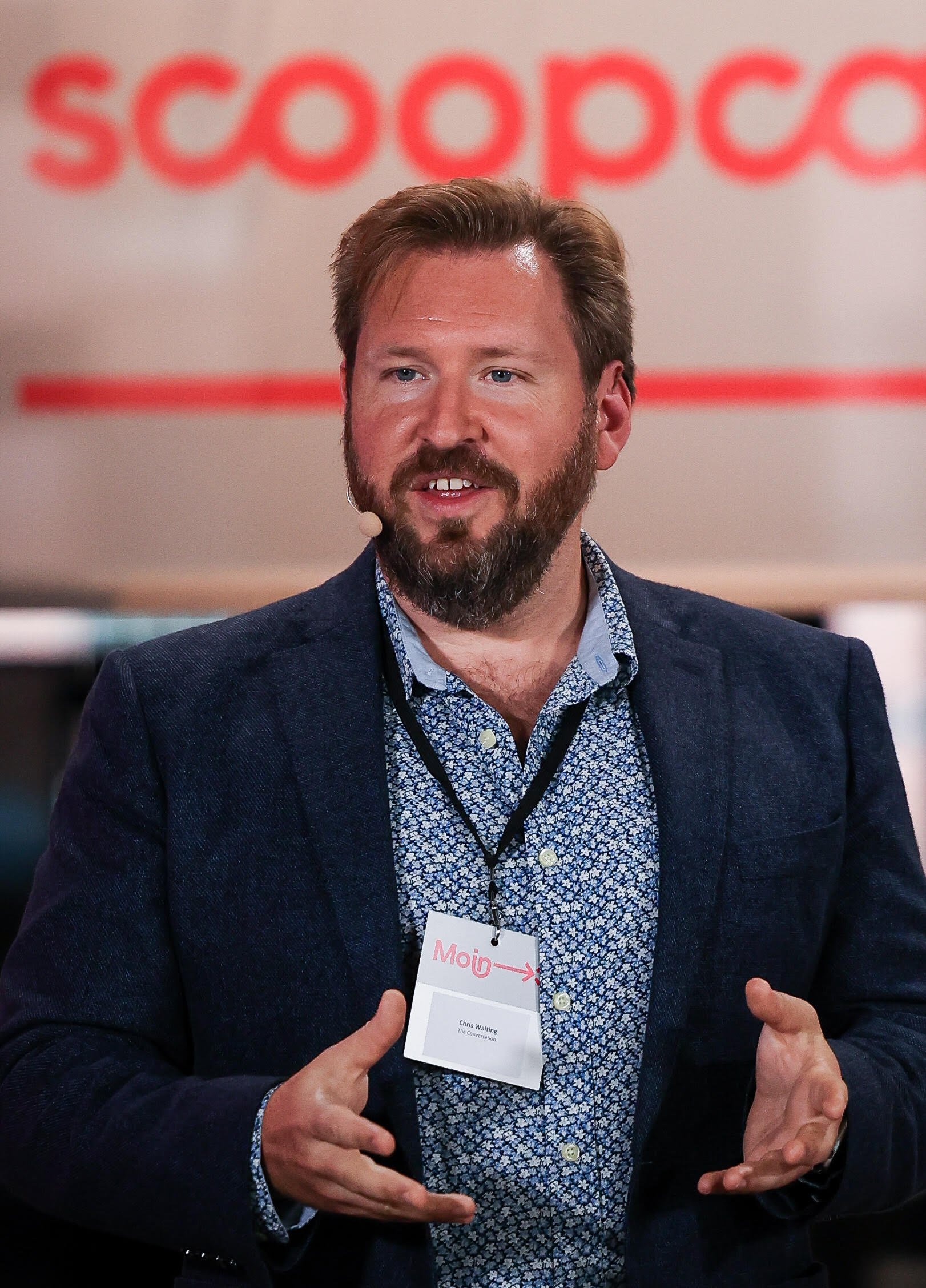OUR STORY
Fergus Bell and Tom Trewinnard met in 2012 as Egypt was in fresh disarray following the revolution. They recognised early on the potential impact of social media on journalism and its audiences, but that institutions had a responsibility to maintain trust in this new medium.
In 2015 they launched Pop-Up Newsroom, an initiative to kick-start innovation in digital newsgathering and a model for effective journalism collaborations.
In 2019 they used their combined learning and experience to create Fathm, a news lab, consultancy and agency to serve the news industry in fighting misinformation, enabling sustainable change and fuelling innovation.
Syli, a newly formed non-profit organisation, is the culmination of a decade of Fergus and Tom’s work. We understand how to harness the power of media collaboration to bring about change. We know that a change in journalism will result in a change in climate outcomes.

OUR CLIMATE COMMITMENT
Syli is committed to playing a full and active part in helping protect the planet through the way we work, how we produce and consume, how we manage our resources, and through the example we can set for others. We are committed to addressing emissions associated with our work and actively working towards sustainability.
As a start-up we have the opportunity to capitalise on our newness to ensure we create an organisation that strives towards a climate positive way of operating from the outset, as well as embedding an ongoing commitment to achieve further change for the better year on year.
Our commitment extends to the choices we make about the suppliers we work with and the resources, tools and equipment we use to carry out our work. Wherever possible we will seek to repair, reuse and recycle, such as through use of remanufactured hardware, and we will ensure all end of life equipment is disposed of in the most environmentally friendly way.
We recognise that at present, net zero is an ambitious goal: while the services and infrastructure do not yet exist to enable us to operate in this way, we will do all that we can to limit our footprint. We are committed to being part of the solution and building relationships with those who are like-minded and support our endeavour.
Read more: Syli Environmental Policy
Meet the Team
Oversight
OUR ADVISORY BOARD
As a non-profit working for community benefit, our advisory board plays a crucial role in governance and oversight of our work providing both additional scrutiny of decision making and a broad range of valuable perspectives to inform those decisions.
The advisory board is a structured, collaborative method to engage advisors and stakeholders. The members of the advisory board help provide objective advice and mentoring to the directors and managers of Syli. They are a problem-solving group providing critical thinking, robust analysis, and strategic insights in an independent, external capacity.
The advisory board acts to:
Give Syli specialised information, experience, skills and advice
Create further accountability for the board of directors in ensuring that the vision and mission are upheld
Support the fundraising efforts of the non-profit
Represent the interests of the non-profit within the communities it serves
They achieve this by:
Attending formal advisory board meetings every quarter
Liaising with the board of directors and staff on an ad-hoc basis as their skills and experience are needed
Receiving regular activities reports from Syli management
Advisory Board Members
-

Ana Brakus
Executive Director - Faktograf
-

Chris Waiting
Chief Executive - The Conversation UK
-

Madeline Carroll
UK Director - European Climate Foundation
-

Elizabeth Kahurani
Director, Strategic Communications - Consultant

OUR VALUES
SUSTAINABILITY
SYNERGY
EQUALITY
TRANSFORMATION
Community Interest Company
ABOUT SYLI CIC
Syli is a Community Interest Company (CIC) limited by guarantee and is registered and regulated by both Companies House, the UK registrar for companies, and by the UK’s CIC Regulator.
A CIC is a special type of limited company which exists to benefit the community rather than private shareholders. It is a hybrid of a limited company and a charity meaning it is a limited company with a social mission and was first introduced in 2005. There are approximately 24,000 CICs in the UK.
Our not for profit status means that the Company is not established or conducted for private gain; any profits or assets are used principally for the benefit of the community.
Syli CIC’s governing documents limit its activities and use of its resources to achieving its social mission. This includes having an ‘asset lock’- a legal promise stating that the company’s assets will only be used for its social objectives.
Our social objectives are:
to support, procure and to advance mission-driven journalism, including, but not limited to, climate, environment and science;
to seek and identify sustainable financial models that will support such mission-driven journalism;
to support, provide and promote education and media literacy, amongst journalists and those working in the media including actual and potential audiences through the provision of training and other collaborative services and related activities; any other charitable, philanthropic or benevolent purposes.
As a CIC Syli has to meet the ‘community interest test’ – the test considers a number of factors to establish whether an organisation’s primary purpose is to provide benefits to the community, rather than to the individuals who own, run or work for it.
Community Interest Company
ETHICAL PRACTICES
To achieve meaningful, wide-reaching, and genuinely impactful change, we recognise that the actions we take and the solutions we create must be holistic and engage with both individuals and organisations in a way that embeds equality and inclusivity whilst upholding the needs of our planet. This approach underpins all actions and decisions and is reflected in how we work and interact with others.
To us this means:
Leading by example – increasing trust and setting a high standard.
Being bold – taking the risks necessary for change.
Learning from others – being open minded so we recognise the best ideas wherever they come from.
Behaving ethically – making decisions to benefit all people, communities, and the planet.
Treading lightly – actively reducing negative impact on the planet.
Professionalism – working and behaving in a competent, reliable and respectful way.
Transparency – acting honestly and openly and carrying out our business in a straightforward way.
Inclusivity – taking the steps needed to ensure a just transition so that opportunities and resources are made available for individuals, organisations, and communities that might otherwise be excluded.
Being kind – behaving in a friendly, considerate and courteous way.
Find out more about what it means to us to be ethical in our practices by reading some of our key policy documents:













